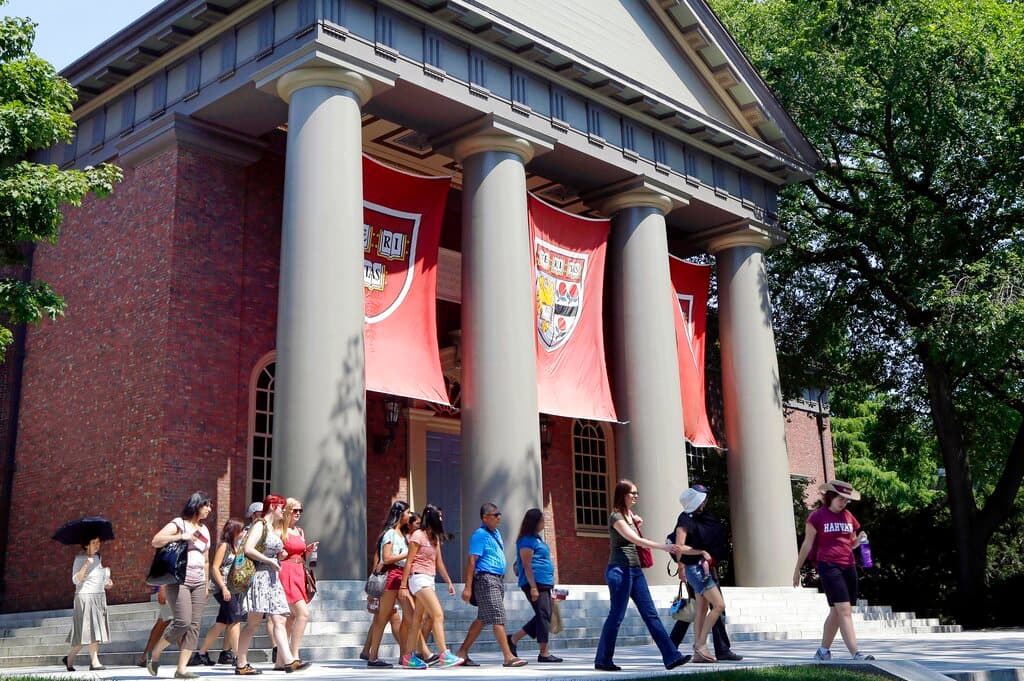Harvard’s Next Course
The resignation of President Gay is likely to prove the beginning rather than the culmination of the scandal rocking America’s oldest university.

The resignation of Claudine Gay as president of Harvard is likely to prove the beginning rather than the culmination of the scandal that has rocked America’s oldest university. That is the word from Congresswoman Elise Stefanik. It was she who asked the questions that exposed Ms. Gay as unable to reply “yes” to a question as to whether cheering the mass murder of Jews violated Harvard’s code of conduct. Two other top-tier college presidents flunked the test.
Please check your email.
A verification code has been sent to
Didn't get a code? Click to resend.
To continue reading, please select:
Enter your email to read for FREE
Get 1 FREE article
Join the Sun for a PENNY A DAY
$0.01/day for 60 days
Cancel anytime
100% ad free experience
Unlimited article and commenting access
Full annual dues ($120) billed after 60 days

